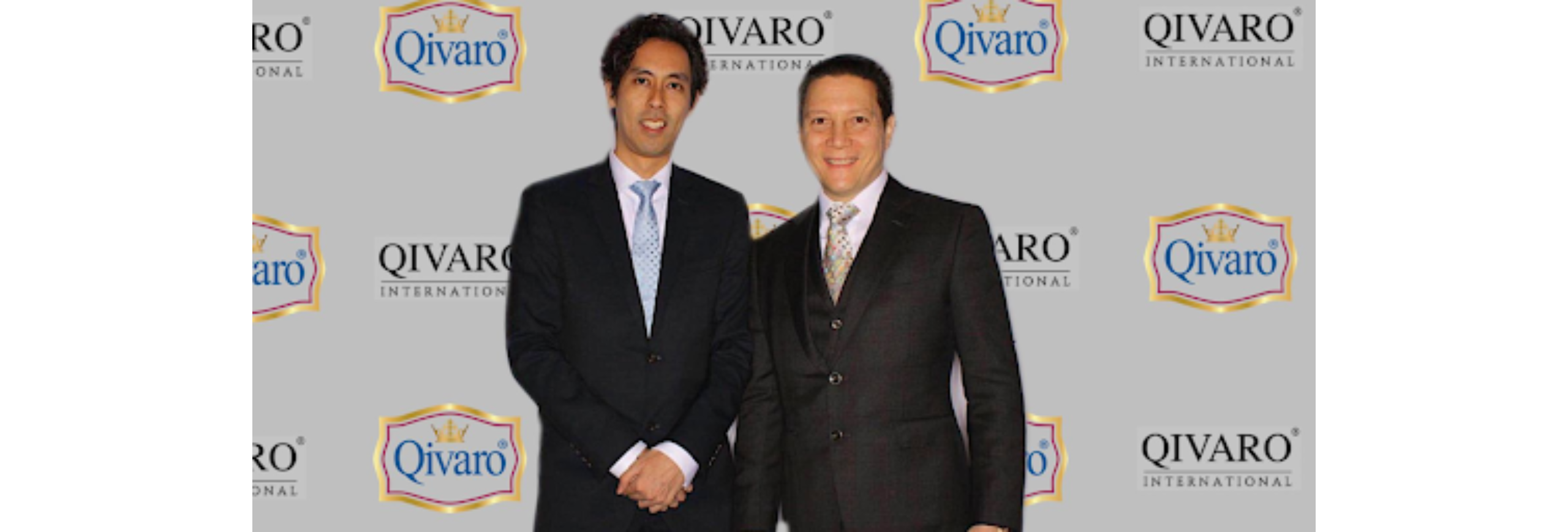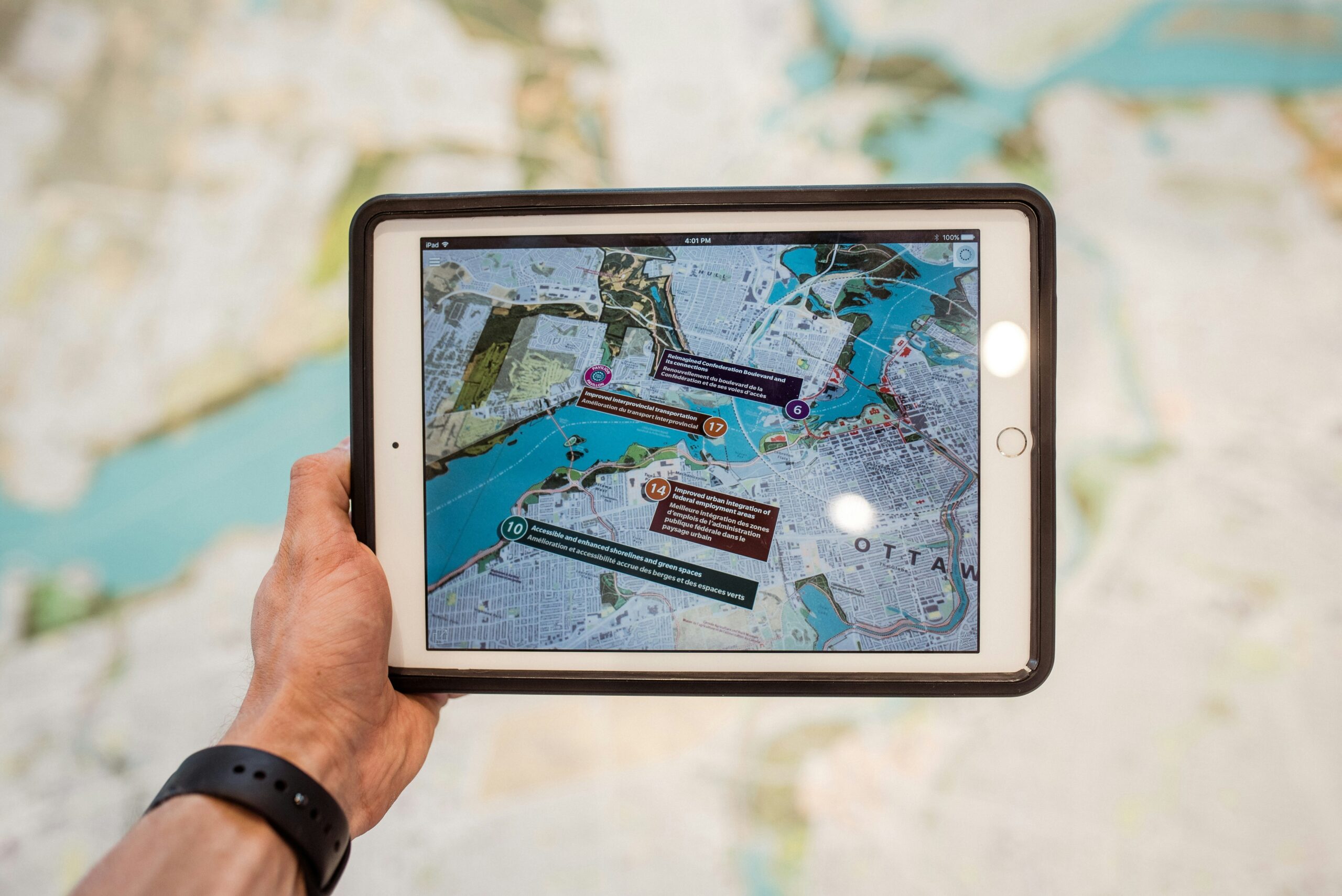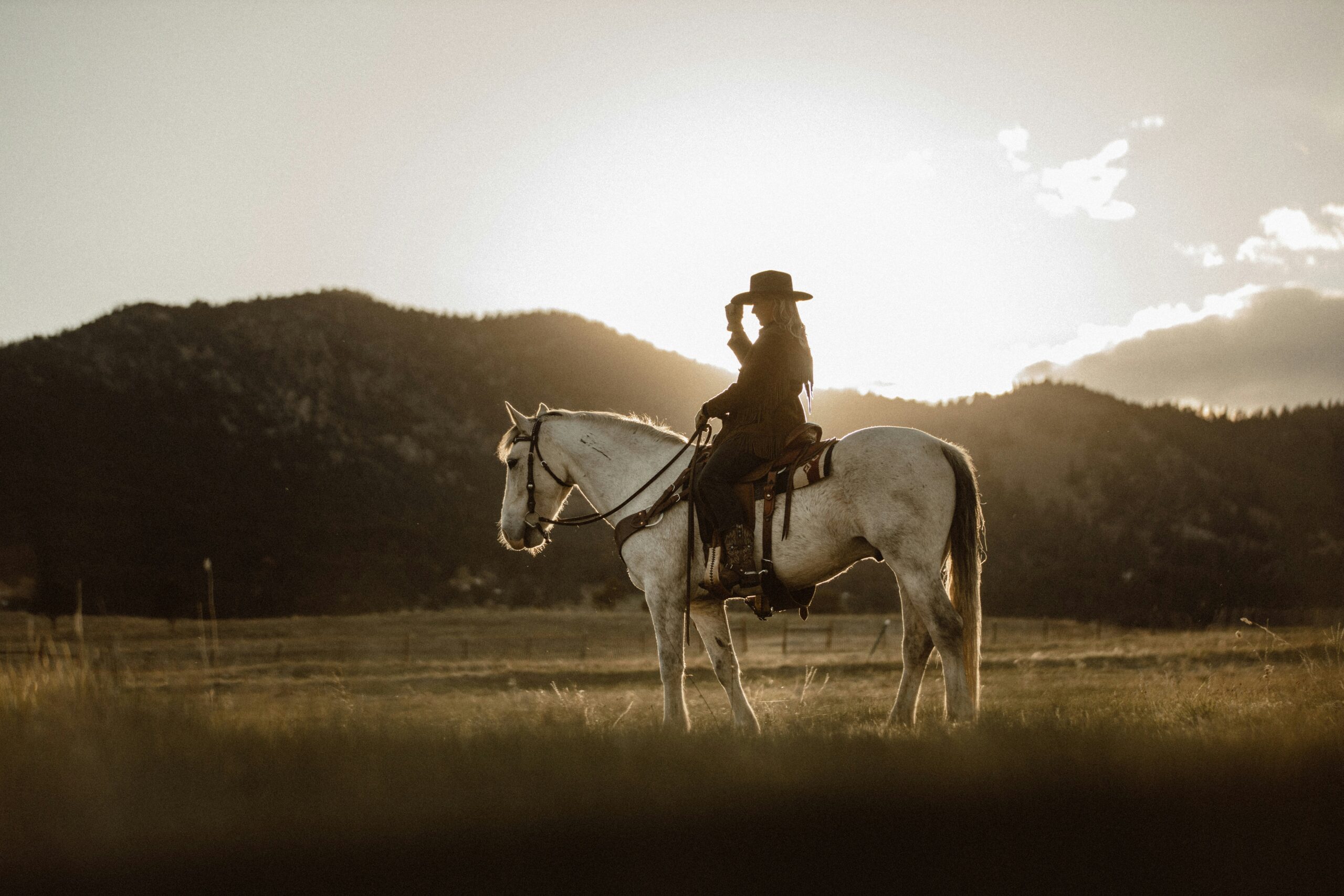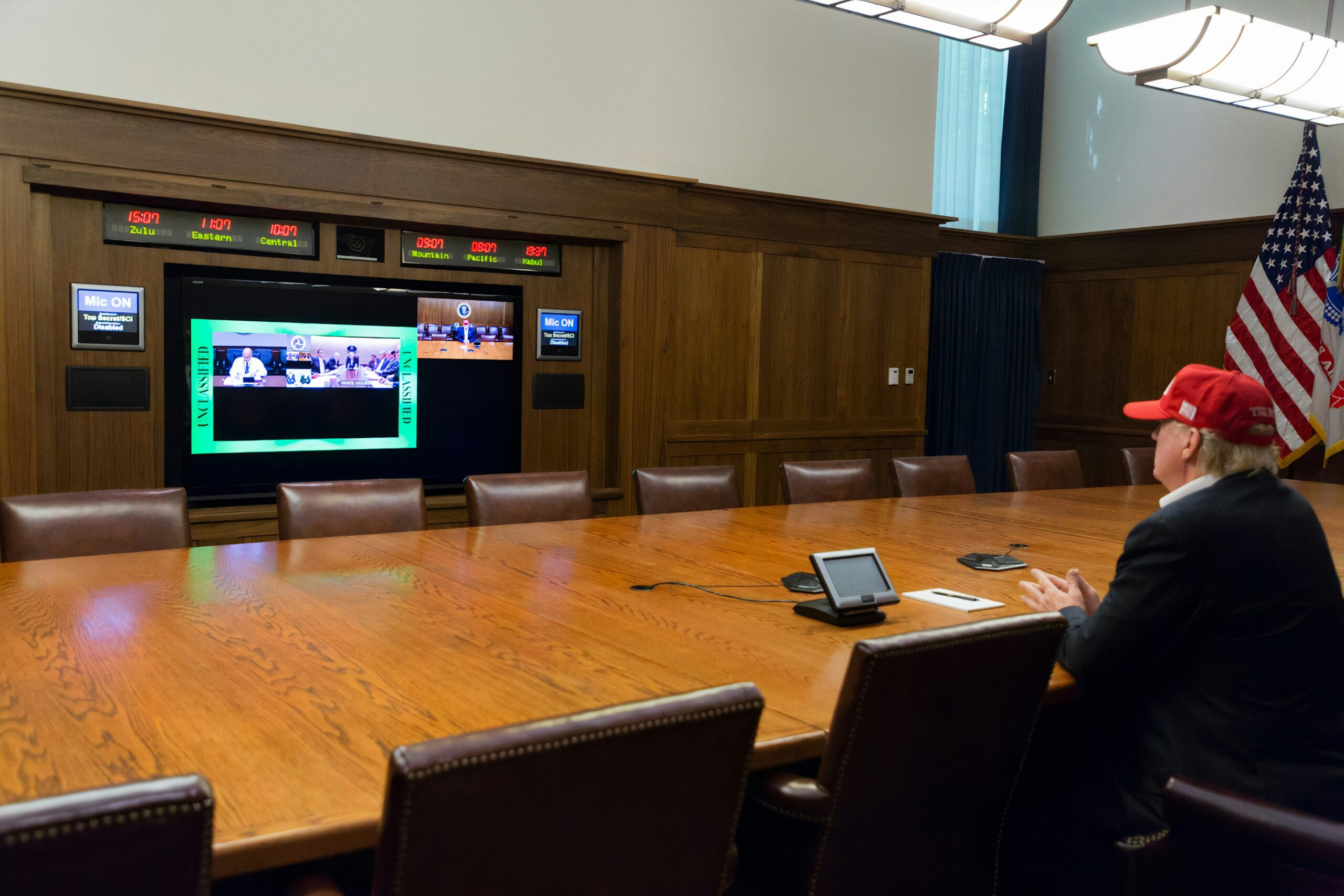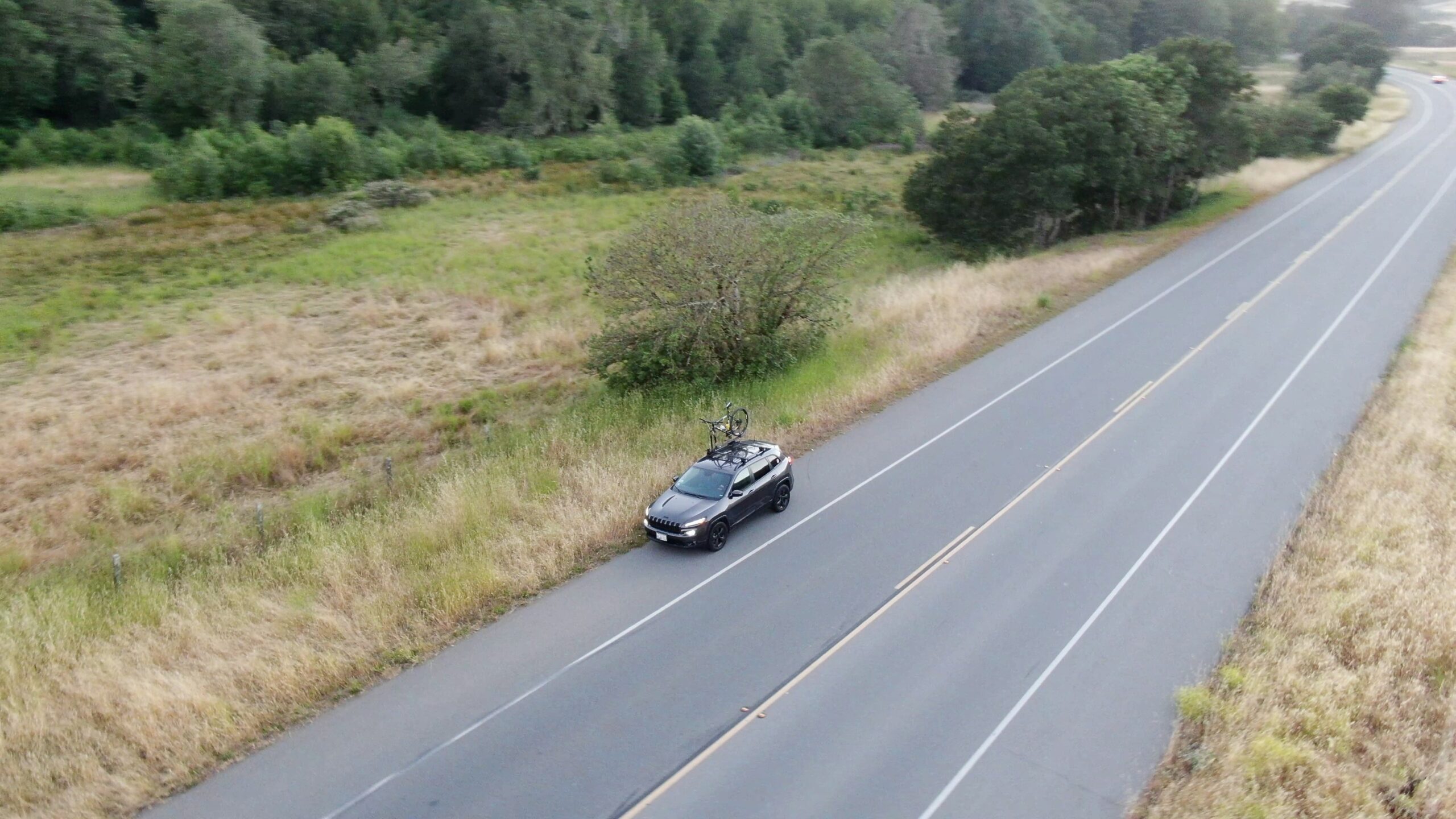In 2021, a nonprofit arts organization facing displacement set out to raise $1–2 million to rent a new space. Their consultant asked a different question: What if you bought a building instead?
Eighteen months later, the organization had raised more than $12 million, secured a permanent home, and transformed its future, turning a moment of uncertainty into one of expansion and ownership.
That consultant was Pi-Isis Stefana Ankhra, founder of P.S.314, a Matchmaking Agency for Social Change. The story is more than a fundraising success; it illustrates how P.S. 314’s approach to partnership turns moments of uncertainty into opportunities for transformation, helping leaders build clarity, courage, and alignment that last well beyond a campaign.
“The work we do isn’t about scale for its own sake,” Ankhra explains. “It’s about coherence. Most organizations already hold brilliance. Our role is to help them build structures and strategies that match that brilliance.”
Across two decades, Ankhra has directed more than $300 million in philanthropic investment and cultivated a practice that measures success in trust, not turnover. At P.S. 314, client partnerships average three to five years, and are in a field built on short-term engagements (industry standards range from 12-18 months). Through that depth of work, she has developed a methodology that unites what most firms keep apart: operations, fundraising, narrative, and culture. Her goal is simple but radical: to redefine not just what consulting delivers, but how and by whom transformation is made possible.
Her model didn’t come from theory; it was forged through lived experience.
At 22, while managing high-stakes donor tours for Vice President Al Gore’s presidential campaign, she drove herself past every limit. The gears were grinding until her body forced a stop. “That was the first time I learned that performance without alignment isn’t leadership, it’s collapse,” she recalls.
That lesson reshaped her path. After the campaign, she began teaching in an urban public school just blocks from the federal offices where policy was made. There, she saw the distance between decisions at the top and realities on the ground, a gap that would define her life’s work.
She carried that insight into her next chapter, raising her first $75 million at a college in one of the nation’s most diverse regions. Tasked with creating funding reserves meant to outlast any one leader, she designed mechanisms to ensure free tuition for generations of students to come.
By 2015, she was ready to build her own firm. She named it P.S. 314, a play on her initials and the mathematical constant pi, symbolizing relationships that are both endless and interconnected. What began as a consulting practice soon evolved into a ten-year design experiment: Could a firm be both human-centered and results-driven?
By 2021, P.S. 314 had grown into a collective of fifty consultants generating $4 million in revenue without outside investment. Known for its nimble approach, the firm tailors strategies, teams, and solutions for clients ranging from emerging artists to legacy institutions. Over the past decade, their work has mobilized more than $150 million in philanthropic investment toward initiatives, organizations, and programs serving some of the country’s most vulnerable communities.
P.S. 314’s impact extends beyond outcomes; it’s visible in how the work is done. The firm helps clients raise funds, strengthen infrastructure, and redesign models of leadership, governance, and care. Internally, it invests in its own collective, pairing consultants with mentors, fostering cross-functional collaboration, and maintaining a non-hierarchical model where clients often become advisor-partners, reflecting a shared belief that expertise lives everywhere.
“For ten years, I’ve been testing an integrated model,” Ankhra says. “We offer virtual delivery to remove geographic barriers. We scale fees so both startups and nine-figure institutions can work under the same umbrella. And we bring together practitioners across policy, philanthropy, leadership, culture, and storytelling. We don’t do verticals. It’s an integrated approach, because that’s how organizations really work: in concert, not in silos.”
A hallmark of P.S. 314’s method is strategic matchmaking. Before writing plans, the firm connects clients with peers who have navigated similar transitions, grounding vision in lived experience. Strategies are treated as living documents, adjusted as conditions evolve, and consultants work alongside teams rather than advising from afar. The result is a practice defined not just by measurable success, but by relationships that build capacity, clarity, and coherence long after the engagement ends.
This philosophy resonates at a time when the nonprofit sector faces acute strain. U.S. charitable giving topped $590 billion in 2024, yet only a fraction reaches grassroots or equity-driven groups. Burnout is rampant, with 95% of nonprofit leaders citing exhaustion as a top concern.
“Organizations are doing the work and living the issues,” Ankhra notes. “This is deeply human work. Our job is not to critique, it’s to clarify, support, and strengthen what already exists.”
That commitment is reflected in where the firm invests its attention. In 2021, Ankhra relocated to the South to better understand underfunded regions, areas where nearly 20% of U.S. nonprofits operate but receive only 13% of philanthropic dollars, and where an even smaller share reaches undercapitalized or vulnerable communities and organizations. “We don’t always grasp the dynamics people are navigating until we become part of their experience,” she says. “Simply being here shifts our lens. It helps us understand the country, and the organizations based here, a little more deeply.”
Though P.S. 314’s clients and consultants remain spread across more than 25 regions, this move anchors the firm’s perspective in a part of the nation too often overlooked, rich in innovation, resilience, and possibility, yet historically excluded from concentrated investment. Having lived abroad and in a range of coastal communities, Ankhra brings a global and cross-regional understanding to her work. Relocating to the South offered both proximity and humility: a chance to see how power, culture, and opportunity circulate differently across place, and how leadership must adapt accordingly.
P.S. 314’s collective operates with reciprocity: clients often become consultants, and consultants remain clients. “Once you’re part of the collective, you don’t age out,” one participant shared. “You grow deeper in.”
Ankhra’s forthcoming book, The Matchmaker’s Guide to Social Change, distills lessons from this decade-long experiment, capturing not only the wins but also the missteps that revealed what truly sustains organizations. “I’ve always been obsessed with the question: how do good ideas actually last?” she says. “Not just perform well. Not just to raise money. But endure. What I’ve learned is that it’s not about perfect plans, it’s about strategic alignment, relational integrity, and infrastructure that reflects your values.”
Beyond the firm, Ankhra runs an executive coaching practice and publishes a bi-weekly thought-leadership series on Substack, PSA: From the Desk of Pi-Isis S. Ankhra, which explores the human complexity of leadership in the social sector. She frequently speaks on panels and moderates industry discussions on leadership, identity, culture, and storytelling, offering talks and workshops informed by her 25-year career at the intersection of philanthropy, policy, and creative strategy.
Looking ahead, Ankhra is developing a digital enterprise and companion television series centered on the social impact sector, produced in partnership with innovators exploring the ethical and educational dimensions of AI. The project examines how technology, identity, and human values converge, inviting audiences to engage with the nuances of leadership, creativity, and accountability through a new lens.
For Ankhra, the through-line remains the same: not making organizations look good, but helping them be good, places where clarity, courage, and coherence turn purpose into practice.
Written in partnership with Tom White

















